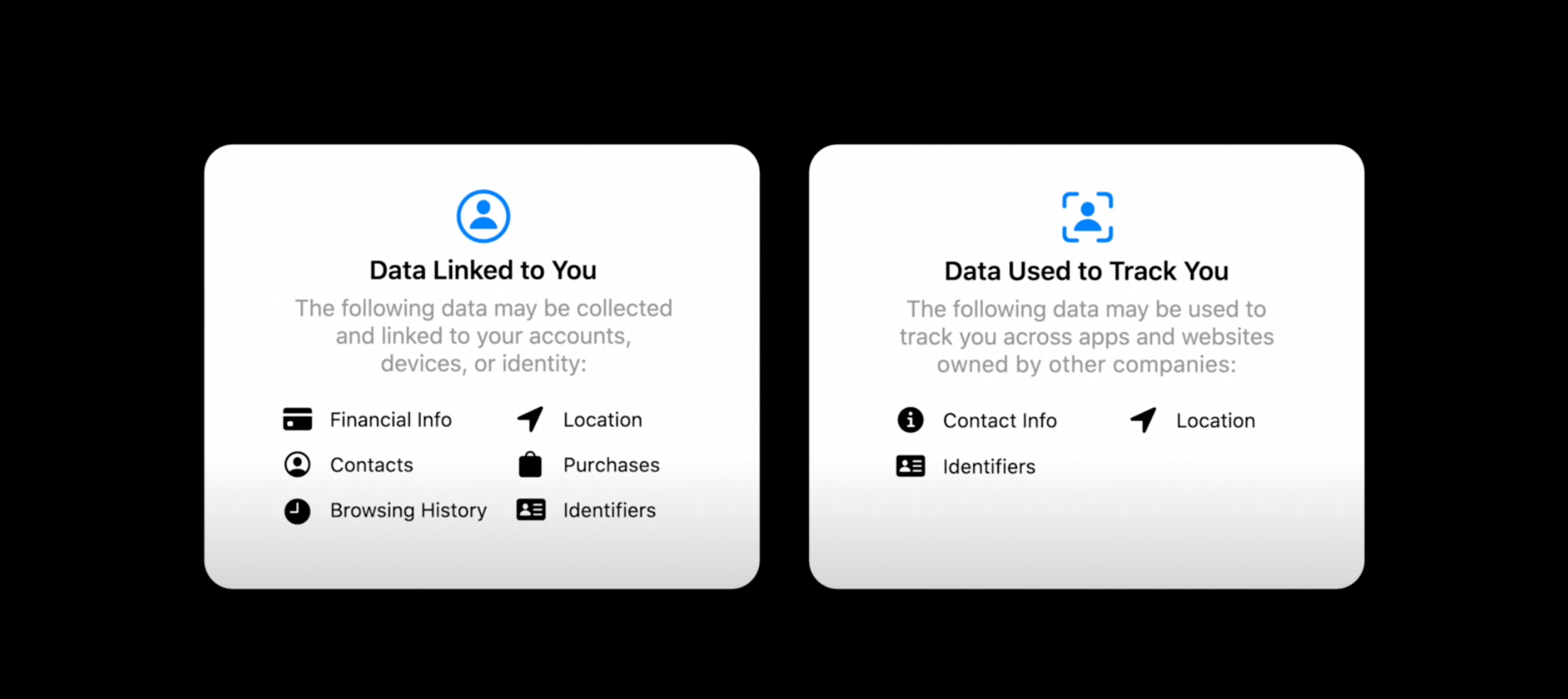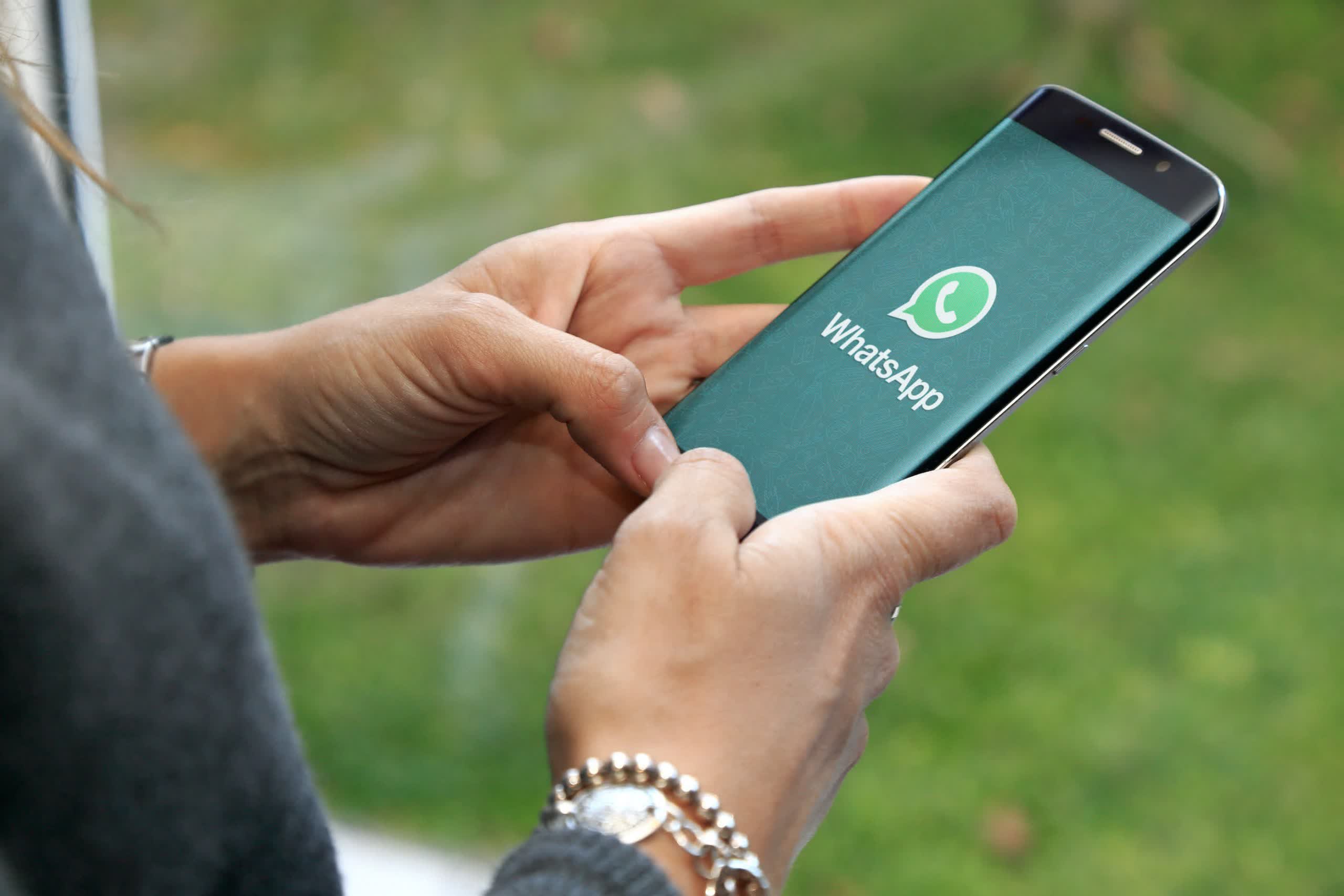In context: Apple's deadline for developers to implement their privacy "nutrition" labels was yesterday. The requirement is intended to allow App Store customers to see what information apps collect and how they use it before downloading the software.
After rolling out an update to its store listing on Monday, Whatsapp complained that it is unfair to provide these labels for its messaging app when Apple's pre-installed software does not. Apple's Messages app comes pre-installed on iPhones and therefore does not need an App Store listing where privacy information labels are required.
"We think labels should be consistent across first and third-party apps as well as reflect the strong measures apps may take to protect people's private information," Whatsapp said in a statement to Axios. "It's important people can compare these 'privacy nutrition' labels from apps they download with apps that come pre-installed, like iMessage."
Whatsapp is just the latest tech company to complain about Apple's new privacy policies. Facebook has said that Cupertino's new rules and some of the privacy protections being implemented in iOS 14 will cripple its advertising model. Google advertisers made similar complaints.

The new rules were supposed to kick in with the launch of iOS 14 and the privacy features it was to bring, but due to the backlash, Apple agreed to postpone implementation until next year to allow app makers time to make changes. However, under pressure from groups, including the Electronic Frontier Foundation, Amnesty International, and Human Rights Watch, Apple rolled back the delay to December 8.
"Facebook executives have made clear their intent is to collect as much data as possible across both first and third party products to develop and monetize detailed profiles of their users, and this disregard for user privacy continues to expand to include more of their products," Apple said in defense of shortening its deadline.
Apple has taken the brunt of the blame, but advertisers' complaints revolve around restrictions to using the iPhone's Identifier for Advertisers (IDFA). This unique ID stored on the device allows ad targeting while revealing as little user-identifying information as possible.
However, EU privacy watchdog None of Your Business (NOYB) claims that it is no different than a cookie, so Apple must inform users about the data apps collect using the IDFA as per European law. So in essence, advertisers should be complaining about NOYB and EU lawmakers.
Image credit: Alex Ruhl
